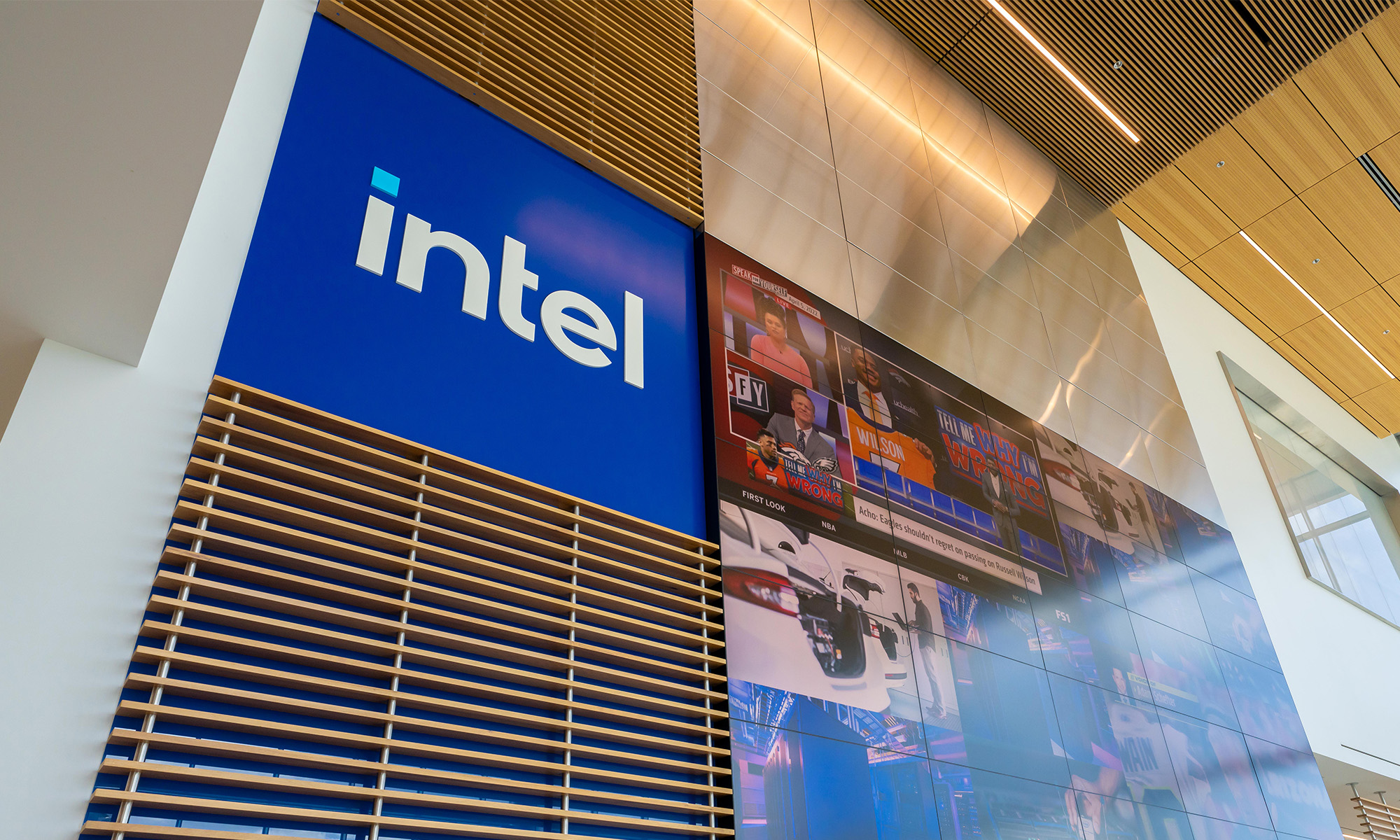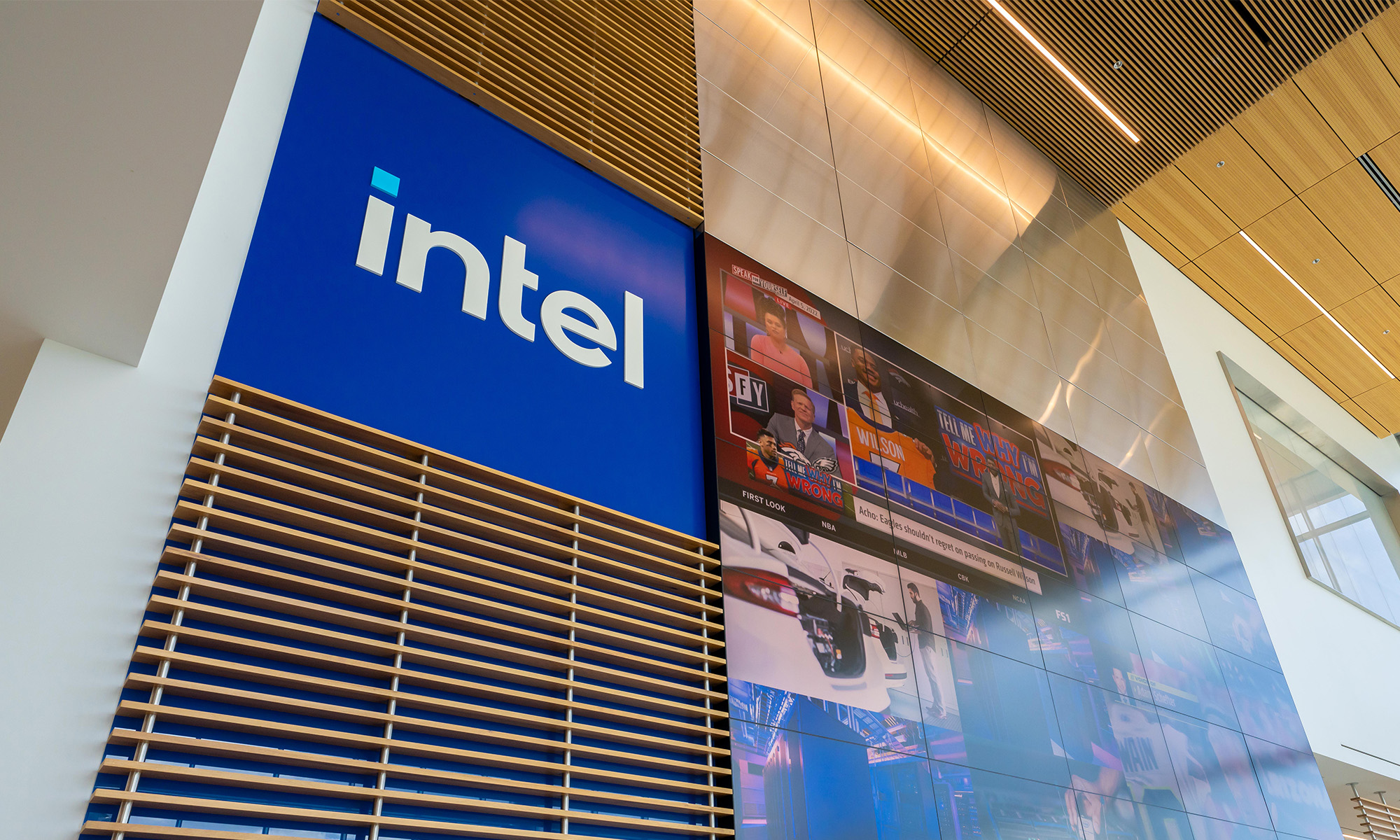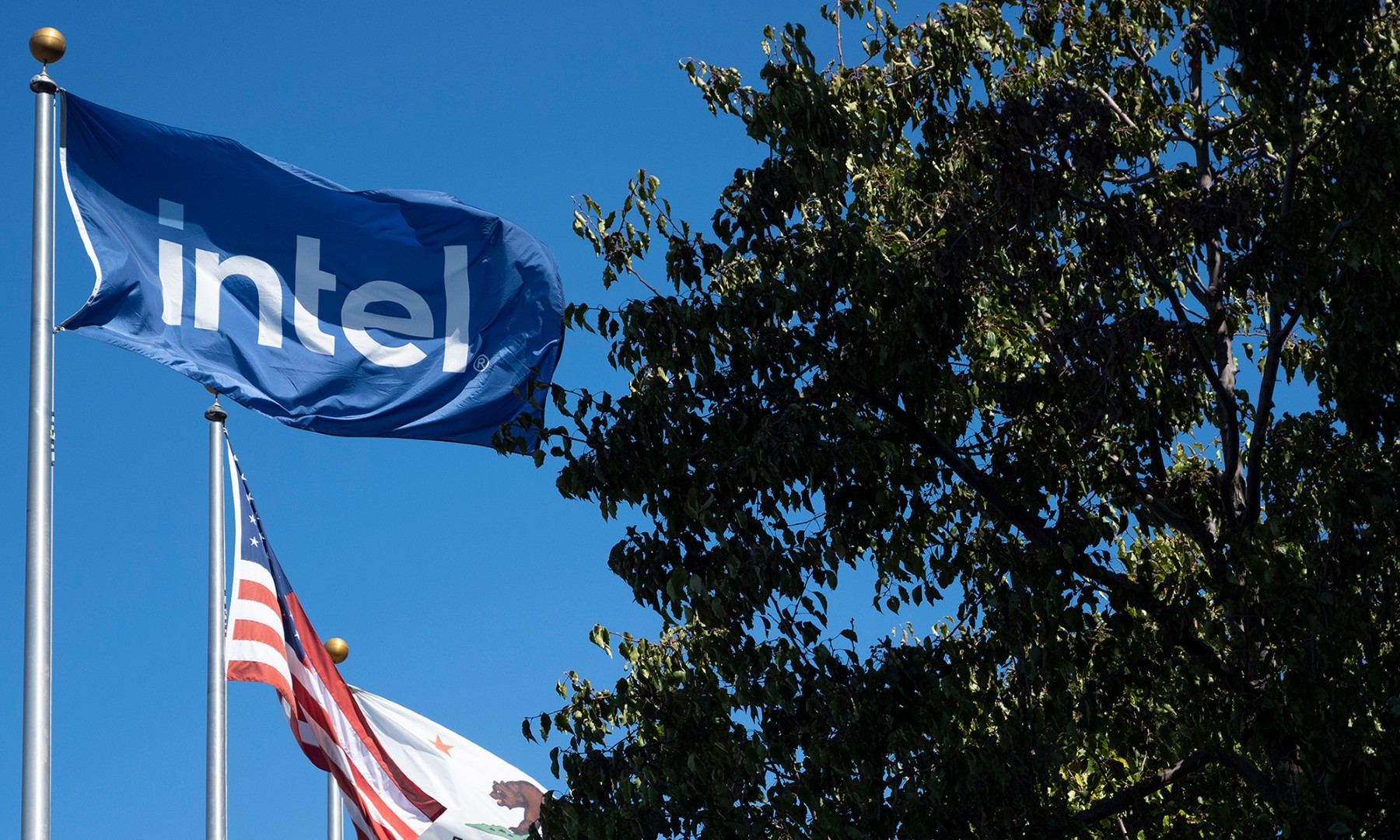If you were looking forward to purchasing one of Samsung or ASUS' radical new hybrid devices, you can forget about it: According to DigiTimes, Google (GOOG +1.88%) is putting pressure on its hardware partners, urging them to rethink their hybrid ambitions.
By hybrid, I don't mean Windows 8-powered convertibles (or PC/tablet hybrids like the Surface Pro), but full-on laptop/tablet hybrids that would've ran both Google's Android and Microsoft's (MSFT +1.66%) Windows.
Both ASUS and Samsung have unveiled such devices at trade shows in recent months, but if DigiTimes is correct, they'll never be available for purchase. If that's the case, it could put pressure on both Microsoft and Intel (INTC +0.64%).
Fighting to stay relevant
With Windows 8, Microsoft was attempting to offer the best of both worlds -- the Metro interface for tablets, the desktop for traditional PCs. In theory, Windows 8 is custom-made for a hybrid device, but it suffers from one glaring flaw: a total lack of apps.
Compared with Google Play, Microsoft's mobile app store is a barren wasteland, devoid of all but the most-popular mobile apps. Although the interface is there for a fine mobile experience, the apps aren't -- making Windows 8 a poor choice for a mobile operating system.
I've argued in the past that by offering these hybrid devices, Samsung and ASUS were only going to make the problem worse -- if owners of hybrid PCs have access to Google's mobile operating system, developers have even less incentive to bring their apps to Microsoft's store.
In some ways, then, the death of these hybrid devices is a good thing for Microsoft, but as DigiTimes points out, it's not exactly clear-cut. Google's Android is changing, becoming more than just a mobile operating system. Earlier this year, some of the biggest PC OEMs in the world, including Lenovo, introduced desktop PCs powered by Google's operating system.
In offering these mobile devices, ASUS and Samsung would've kept Microsoft's operating system relevant in the mobile world, allowing owners of these devices easy access to Microsoft's service, and, most importantly, its Office software suite. Devoid of Windows, owners of devices powered by Google's Android may be more likely to consider alternatives to Office, including Google's own competing Apps.
Intel looks to gain a foothold
But while the ultimate effect on Microsoft is somewhat ambiguous, it's indisputably bad for Intel. Perhaps not too bad -- I doubt these devices would've seen mass-market adoption -- but if they had been popular, it would've been a win for Intel.
Right now, Intel is struggling to gain a foothold in mobile -- chips from rival firms like Qualcomm dominate the space. And while it has scored some victories, it remains a smaller player.
In contrast, Intel still provides the vast majority of chips that run Microsoft's Windows 8 -- in fact, mobile chips from Intel's competitors are incapable of powering PCs running the full Windows 8 operating system. These hybrid devices, then, would've created more demand for Intel's chips, perhaps even amounting to a growth market.
Google keeps Microsoft out of mobile
By squashing these hybrid devices, Google may have successfully destroyed Microsoft's only chance at keeping Windows relevant in an increasingly mobile world. Windows-powered tablets have largely been a failure, and given the lack of apps in the Windows app store, that's unlikely to change in the near-future.
Intel and Microsoft still have the traditional PC market to fall back on, but it's a market in decline. According to IDC, the demand for PCs should fall further in the coming years, as consumers increasingly embrace mobile alternatives.









